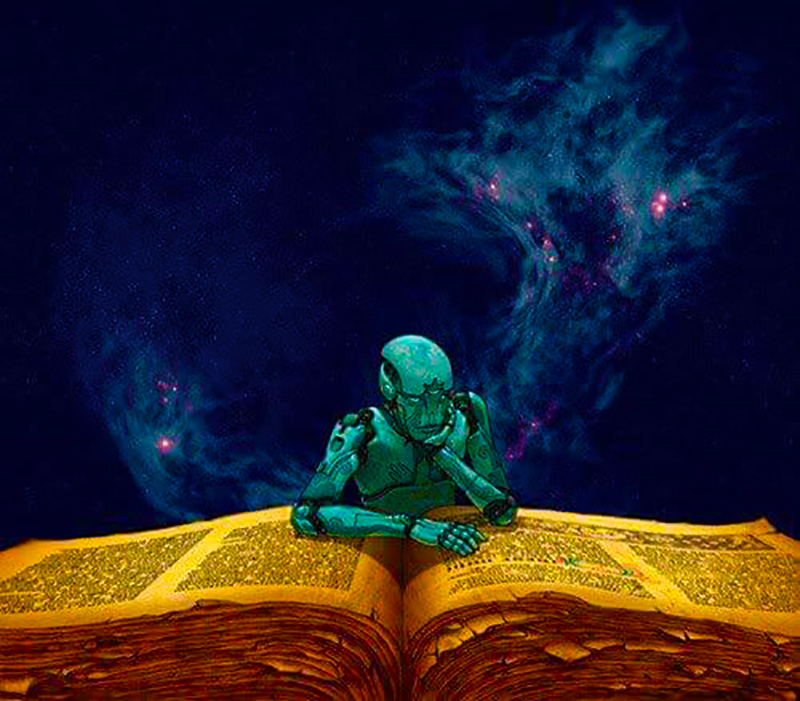
Course description
"In a world which is indeed our world," wrote the critic Tzvetan Todorov, "the one we know, a world without devils, sylphides, or vampires, there occurs an event which cannot be explained by the laws of this same familiar world. The person who experiences the event must opt for one of two possible solutions: either s/he is the victim of an illusion of the senses-and laws of the world then remain what they are; or else the event has indeed taken place, but then this reality is controlled by laws unknown to us. The fantastic occupies the duration of this uncertainty." In this course, we will focus precisely on XX and XXI Century Latin American Fantastic and Neo-fantastic narratives. We will read and discuss the work of authors such as Leopoldo Lugones, Alejo Carpentier, Jorge Luis Borges, Silvina Ocampo, Juan José Arreola, Gabriel García Márquez, Julio Cortázar, Juan Villoro, Juan García Ponce and Mariana Enriquez-among others-, in order to identify the main traits of this modality of discourse and its aesthetic propositions. At the same time, we will compare and or contrast it to "lo real maravilloso", magical realism and social horror. The last third of the course will focus on contemporary narratives and films dealing with the diverse experiences of the fantastic and its complex relationship to family, politics and human sexuality. The ultimate objective will be to consolidate, increase, and refine oral and written expression in Spanish, with a special focus on the main aspects of scholarly researching.
- Teacher: Luis Pena
